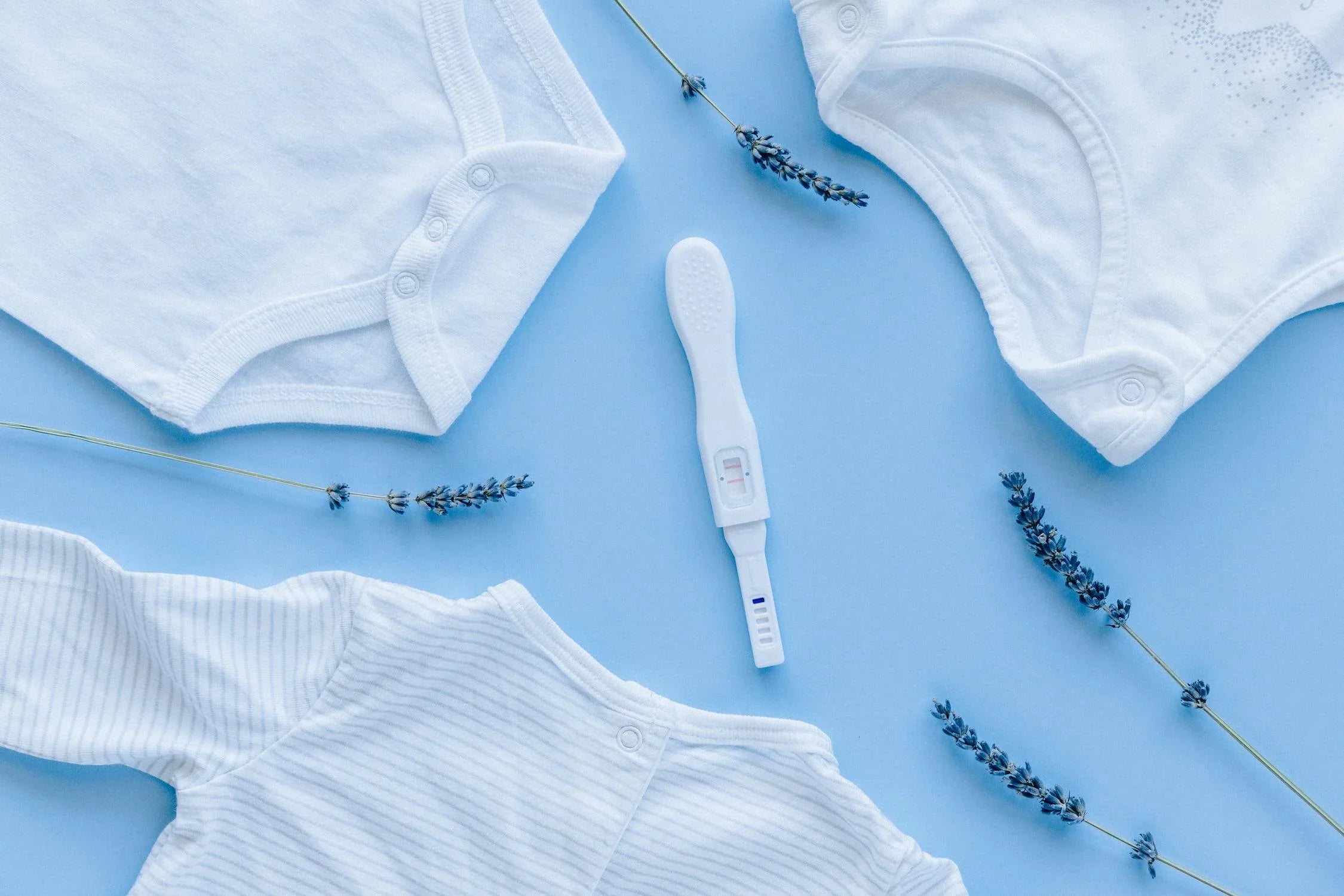Accueil
Pregnancy, Breastfeeding, and Pumping: The Ultimate Guide for Moms
Can You Have a Positive Pregnancy Test at 1 Week? Exploring the Possibility

Can You Have a Positive Pregnancy Test at 1 Week? Exploring the Possibility
When it comes to pregnancy, timing is everything. Many women wonder, 'Can you have a positive pregnancy test at 1 week?' The answer isn't as straightforward as you might think. Let's dive into the science behind pregnancy testing and explore what happens during the earliest stages of conception.
Understanding the Basics of Pregnancy Testing
Pregnancy tests detect the presence of human chorionic gonadotropin (hCG), a hormone produced by the placenta after a fertilized egg attaches to the uterine lining. However, hCG levels are typically very low in the first week after conception, making it challenging for most tests to detect pregnancy this early.
How Early Can You Take a Pregnancy Test?
Most home pregnancy tests claim to provide accurate results as early as the first day of a missed period. However, this is usually around 2 weeks after conception. Testing at 1 week post-conception may yield a false negative because hCG levels may not yet be high enough to detect.
Factors That Influence Pregnancy Test Results
Several factors can affect the accuracy of a pregnancy test, including the sensitivity of the test, the time of day the test is taken, and individual variations in hCG production. Drinking too much water before testing can also dilute hCG levels, leading to inaccurate results.
The Role of Implantation in Early Pregnancy
Implantation, the process by which a fertilized egg attaches to the uterine lining, typically occurs 6-12 days after ovulation. This is when hCG production begins. Testing before implantation has occurred will almost always result in a negative test, even if conception has taken place.
What to Do If You Suspect Early Pregnancy
If you suspect you might be pregnant but receive a negative test result at 1 week, wait a few days and test again. hCG levels double approximately every 48 hours in early pregnancy, so waiting can increase the likelihood of an accurate result. Consulting a healthcare provider for a blood test, which is more sensitive than home tests, is another option.
Common Myths About Early Pregnancy Testing
There are many misconceptions about early pregnancy testing. Some believe that certain symptoms, like nausea or fatigue, can confirm pregnancy before a test. However, these symptoms can also be caused by other factors, such as stress or illness. Relying on a pregnancy test is the most reliable way to confirm pregnancy.
When to Seek Medical Advice
If you experience symptoms like severe abdominal pain, heavy bleeding, or dizziness, seek medical attention immediately. These could be signs of an ectopic pregnancy or other complications. Early medical intervention is crucial for ensuring the health and safety of both the mother and the developing embryo.
Emotional Considerations During Early Pregnancy
The uncertainty of early pregnancy can be emotionally challenging. It's important to manage stress and seek support from loved ones or a healthcare provider. Remember, every pregnancy is unique, and patience is key during this time.
Final Thoughts on Early Pregnancy Testing
While it's unlikely to get a positive pregnancy test at 1 week, understanding the science behind testing can help manage expectations. If you're eager to confirm pregnancy, waiting a few extra days can make all the difference. Stay informed, stay patient, and trust the process.
Curious about the early signs of pregnancy or how to prepare for the journey ahead? Keep exploring and educating yourself to ensure you're ready for whatever comes next. Knowledge is power, especially when it comes to something as life-changing as pregnancy.
Partager
